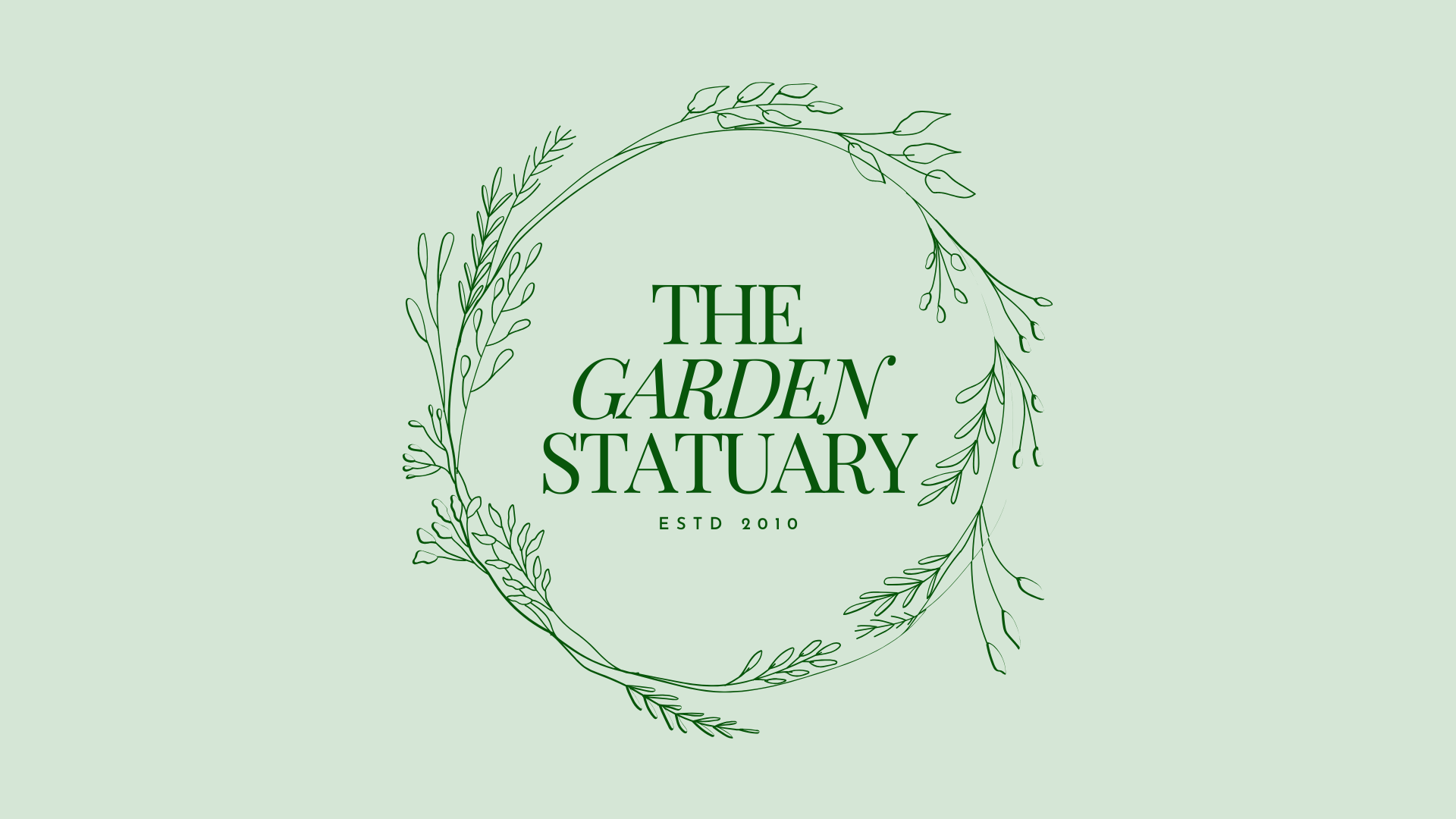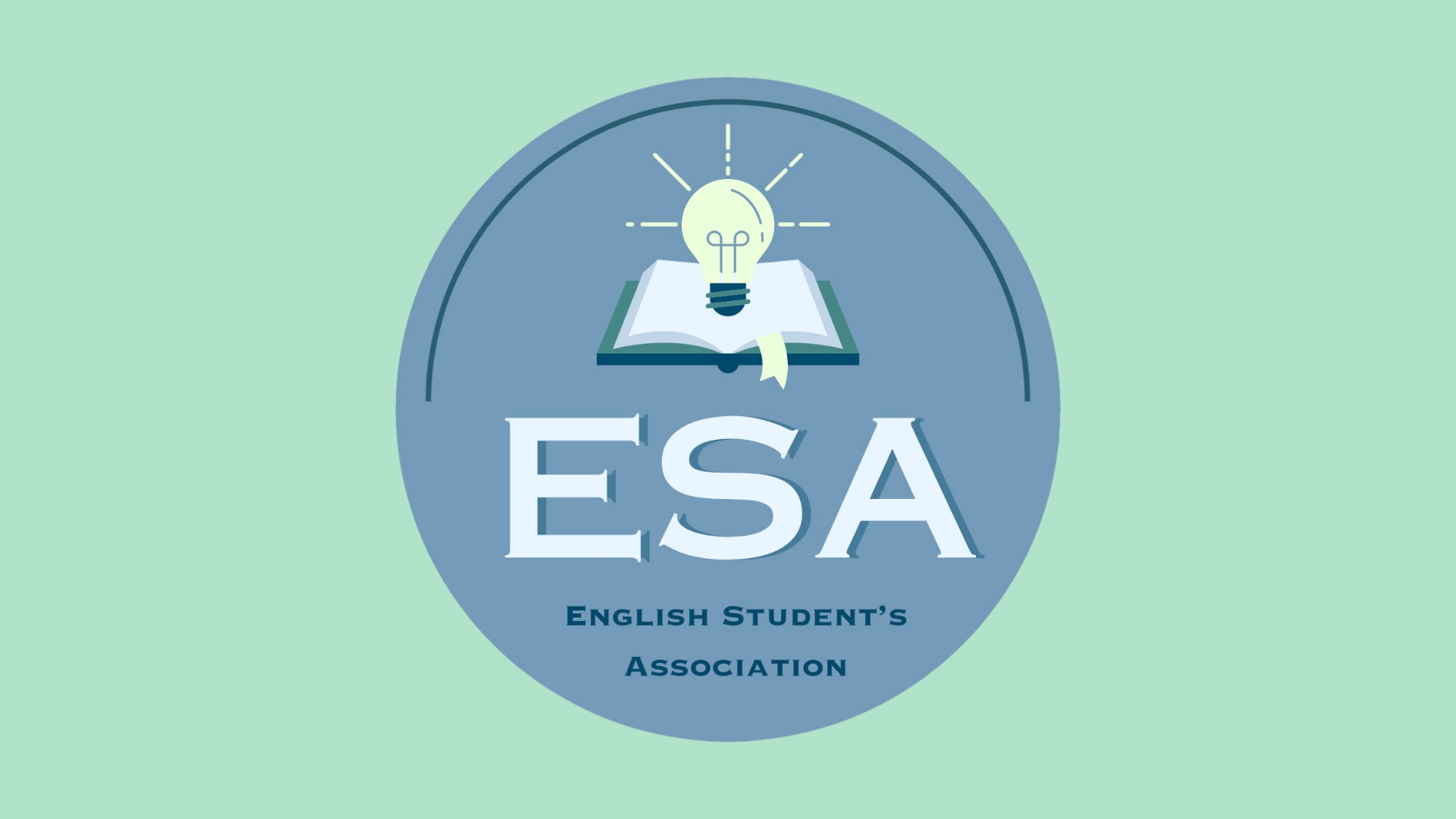

Image curtesy of Kimberly Bain.
Dr. Kimberly Bain’s office in the Buchanan Complex is lined with oversized bookshelves bursting with the works of Black and brown writers, scholars, and artists of every genre and persuasion. As an assistant professor at the UBC Department of English Language & Literatures, Dr. Bain’s scholarly callings centre the history, theory, and philosophy of the African diaspora. Her first book-length project, On Black Breath, is a genealogy of Black breathlessness in the United States from the 18th century to the contemporary moment. It explores how breath is foundational to the operations of anti-Blackness, even as breath itself sits at the core of the collective and individual resistances of Black people. Her project won a Social Studies and Humanities Research Council (SSHRC) Insight Development Grant in 2024.
To trace a genealogy of Black breathlessness means to study the material, metaphysical, and metaphoric conditions that collectively result in the experience of breathlessness structuring Black life. “Take, for example, the murder of George Floyd. To understand how we arrive at Floyd, we need to sit with the socio-political, environmental, biological, legal, and economic factors that led to his final words: ‘I can’t breathe.’” For Bain, Floyd’s words echo the very real ways that anti-Blackness, capital (the $20 bill that started it all), and breathlessness (the COVID-19 pandemic, Floyd’s purchase of cigarettes, Chauvin choking Floyd to death), intersect not only at the moment of Black death, but specifically as a function of Black living.
“‘I can’t breathe’ echoes the appeals and the condemnations of many Black people who came before and after Floyd – folks like Eric Garner, Sandra Bland, Daniel Prude, and many more others, named and unnamed,” she continues. “‘I can’t breathe’ highlights the social, political, economic, and environmental phenomena that arise when Blackness, capital, and breath converge.” At this intersection, her work asks, “how do we, without reducing Black life to Black death, attend to the ways that breathlessness is foundational to the everyday lived experience of Black people?”
“The fall I decided to apply to graduate school, I remember spending a lot of time trying to figure out how to write my personal statement. At the time, I’d had no idea how to craft into words what I was interested in studying in grad school or why I wanted to study it. I knew that the histories of enslavement and ongoing formations of anti-Blackness were part of my interests. I knew, too, that I wanted to study plantation economies specifically and capitalism broadly. But I had no idea how to narrate these considerations. It was one of my professors, a dear mentor, who helped me figure it out by asking me a single question: What keeps you up at night?
“What keeps me up at night, I realized, is often the violence of power: it’s been the way that rising temperatures have resulted in incarcerated individuals being at higher risk of death from excessive heat and insufficient water, as prisons can reach temperatures well over 100℉ (37.8℃) for weeks on end. It’s been the ethnonationalist settler colonial genocidal Israeli state starving, bombing, and enacting all forms of heinous terror upon Palestinians. It’s also been how Haiti, the first Black republic, has faced centuries of financial extraction and political interference from Europe and North America,” she explains.
“These kinds of violence are not analogous. Their histories and formations are unique, but they are interrelated because they are matters of life, death, and justice. In their violent manifestations, we can see how unjust power operates. As a Black studies scholar, I believe that part of the mandate of the field of Black studies is a commitment to theorizing how power functions for the purposes of both dismantling unjust systems and imagining new and just horizons. This work is always urgent, because life and justice is always urgent.”
“How do we, without reducing Black life to Black death, attend to the ways that breathlessness is foundational to the everyday lived experience of Black people?”
On Black Breath is guided by Black feminist theory, queer of color theory, and Black poetic methodologies. It has three interlocking aims. “First, I trace the development of racial capitalism alongside increased attention to, violence against, and management of Black breathing. Second, I explore how Black cultural productions (literature, film, music, etc.) take up Black breathing and refuse the anti-Black racial capitalist logics of the world. Finally, what remains most urgent in my theory of Black breathing is how Black lives are not content to express themselves in a single form; rather, a theory of Black breathing must necessarily be sculpted by experiential and experimental formations, including the visual, sonic, embodied, sensorial, textural, and affective. As such, the project uses the promiscuity of the archives as a foundation to craft a critical-conceptual theorization of Black breathing in the form of collages, poetic verse, and other experimental art practices.”
“As a teacher of Black studies, one that is guided by a Black feminist pedagogical ethos, I invite my students to consider difficulty as part of our learning process. Part of the process of learning how to think critically is confronting the difficulty of unlearning things we take as fact, things we assume we know—and finding language to articulate histories, theories, and aesthetics of the world differently. Such a deep, serious, and difficult task can only be attended to with a commitment from both students and myself to practicing both collaboration (not merely a practice of working across difference; it is a practice of difference) and radical imagination (developing a framework through which we can not only envision but make possible a just life for all) as we begin to learn differently.”
Dr. Kimberly Bain is assistant professor at the UBC Department of English Language & Literatures. She is currently at work on two scholarly monographs. The first, entitled On Black Breath, traces a genealogy of breathing and Blackness in the United States. Her second book, Black Alchemy: Dirt, Soil and Other Dark Matter, turns to dirt for understanding how Blackness—a series of relations that have emerged as part of extractive and accumulative logics—has shaped global considerations of the Anthropocene and refused the extractive relations of racial capitalism. Her writing has appeared in differences, Social Text, The Journal of Literature and Medicine, Protean Magazine, Qui Parle. She also has essays forthcoming in several edited collections and exhibition catalogs. Her past and forthcoming courses include “Black Matters, Black Anthropocenes,” “Racial Capitalism in the Flesh,” “Black and Blue: Black Ecologies of the Oceanic,” and “Reading Slavery.” You can learn more about her work at www.kimbain.com.


